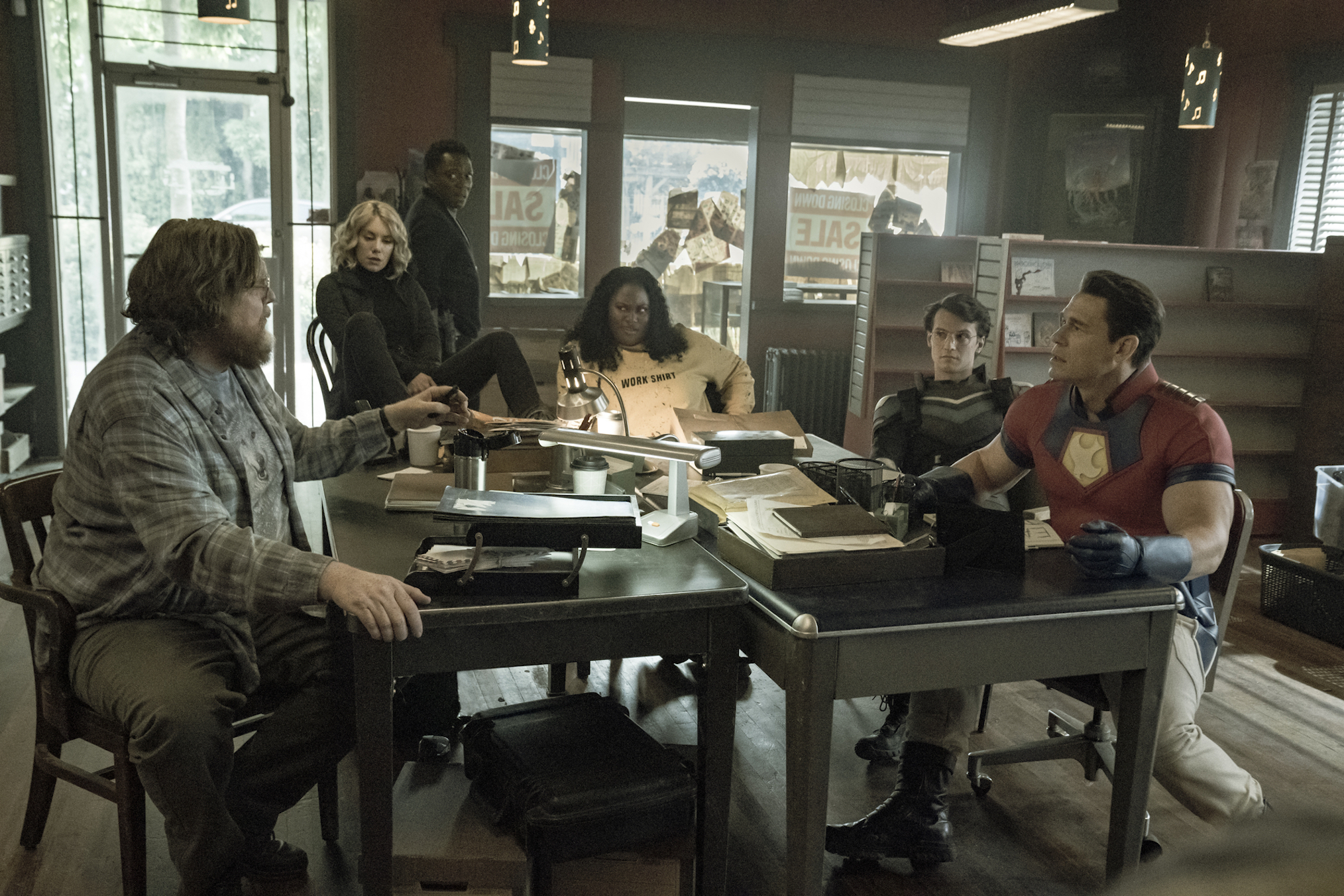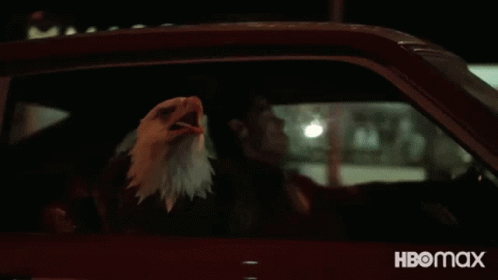Peacemaker Showed the Importance of Strong Characters Without the Connected Universe

One of my favorite aspects of things like the television world that Marvel is building on Disney+ (and built on Netflix prior) and shows like Peacemaker is that we get to see that characters do not always need to call in the other heroes to help them get the job done. In Peacemaker, we got to watch as a team came together and worked with one another towards a common goal, and we believed their journey every step of the way because of how series creator James Gunn weaved the story between them.
So, let’s talk about why Peacemaker worked and what the future can hold for this team we’ve come to love.
**Spoilers for the entire first season of HBO’s Peacemaker lie ahead.**

The show started in a way that made me think my hatred of Peacemaker in The Suicide Squad was justified, and yet, by the end of this series, I was crying and rooting for him, and it shocked me. It’s the magic of this show and James Gunn’s approach to the character of Chris Smith that brought us into his life and this mismatched team to take down the Butterflies. What season 1 managed to do was show us that even these unlikely coworkers can find a way to work together and care about one another without making a mess of things.
When their adventure starts, Peacemaker is only brought on because he still has a chip in his brain that will kill him if he doesn’t comply with whatever Amanda Waller wants him to do. Pair that with Waller’s daughter Leota on the case, along with their very own Butterfly, Peacemaker’s best friend Vigilante, an eagle named Eagly, John Economos, Harcourt, and more, and the group of them on paper wouldn’t look like people who would get along long enough to mail a letter.
And yet, they found a way to work together. The group put aside their initial hatred of one another to find common ground and prove, at least to me, why superhero shows like Peacemaker work in showing that we don’t always need to call in the big names to get the job done.
They didn’t need the Justice League
In the beginning of the finale, Leota calls her mom and is essentially begging her to call in the Justice League. They need help, and that’s the first thing she thinks to do, and while she is right that they could have used the Justice League’s help, the League barely shows up in time for anything. In fact, as TMS’s Princess Weekes wrote up, they come at the very end, when all is said and done. And yet, somehow, watching as Chris carries Harcourt off the “battlefield” and mocks the Justice League for showing up late drives home to me that these shows don’t need huge superheroes to come and help.
They’re establishing that sometimes, our main heroes can’t be there. It’s the argument used against Spider-Man: Far From Home when Nick Fury says that everyone else is busy and Spider-Man has to do this job. It’s something that I want to see more of in my superhero properties because it is honestly the truth. We don’t need Wonder Woman to swoop in any time there’s a crisis or call Batman in from Gotham. We clearly had people who could handle it, and they did. Harcourt’s team got the job done and didn’t need the Justice League to swoop in and save the day, and it was oddly poetic.
The ending of this season turned Chris Smith into someone who I think is on his way to be a hero. He isn’t there yet; there’s still plenty of work to do, and honestly, he might end up as an anti-hero more than anything, but he’s not a villain like I thought after The Suicide Squad. He’s a deeply flawed character trying to navigate his own upbringing with the person he wants to be, and it has me so incredibly excited for season two.
What we learned in season one of Peacemaker is that our team doesn’t need to bring in the bigger guns. They don’t need the Justice League, and they don’t need to rely on someone else to finish the job. They can do it themselves, and they do it with style. Thank you, James Gunn, for completely changing my mind about Peacemaker as a character and getting me so excited to cry to some hair metal in season 2.
(image: HBO)
Have a tip we should know? [email protected]
